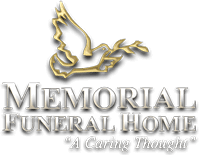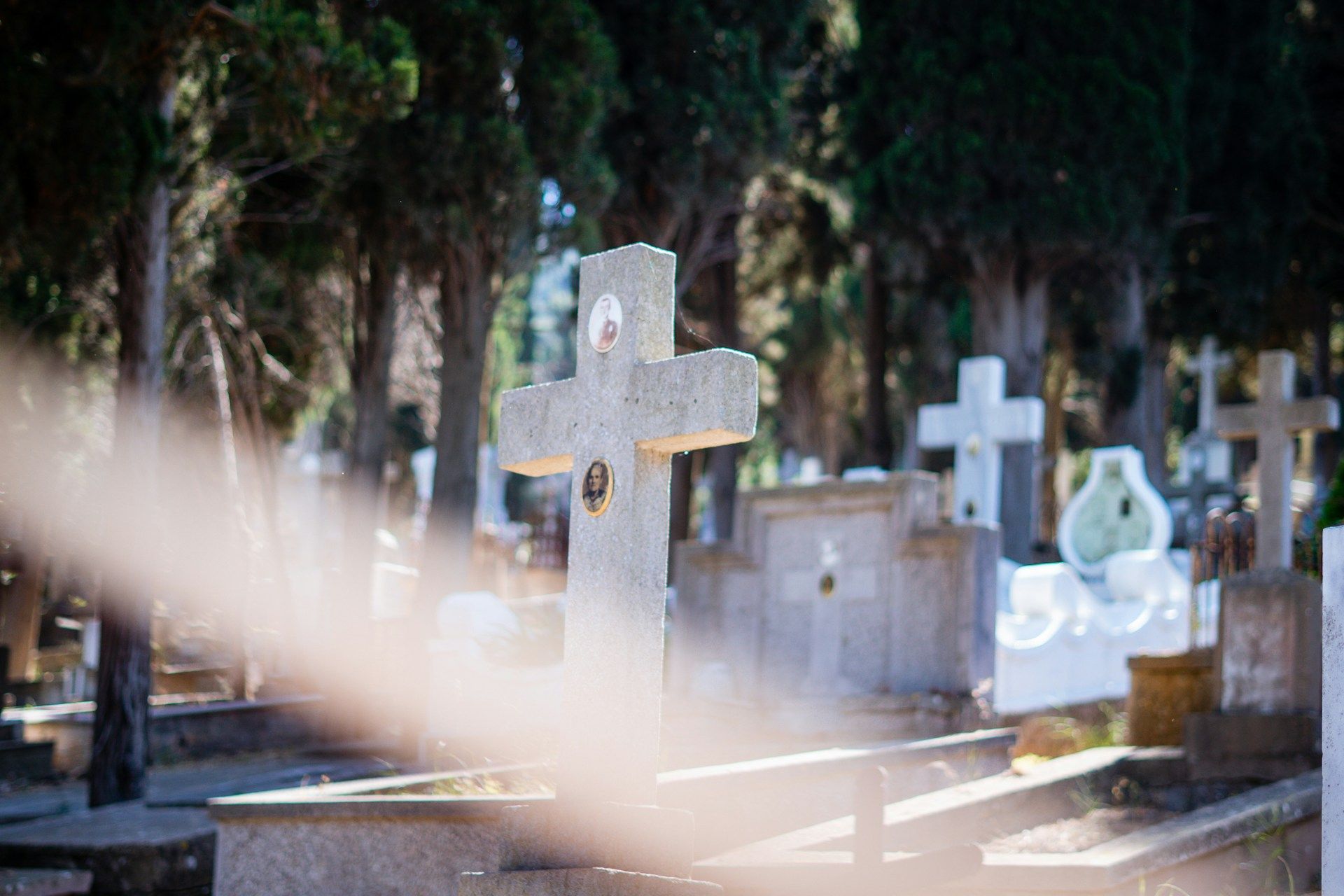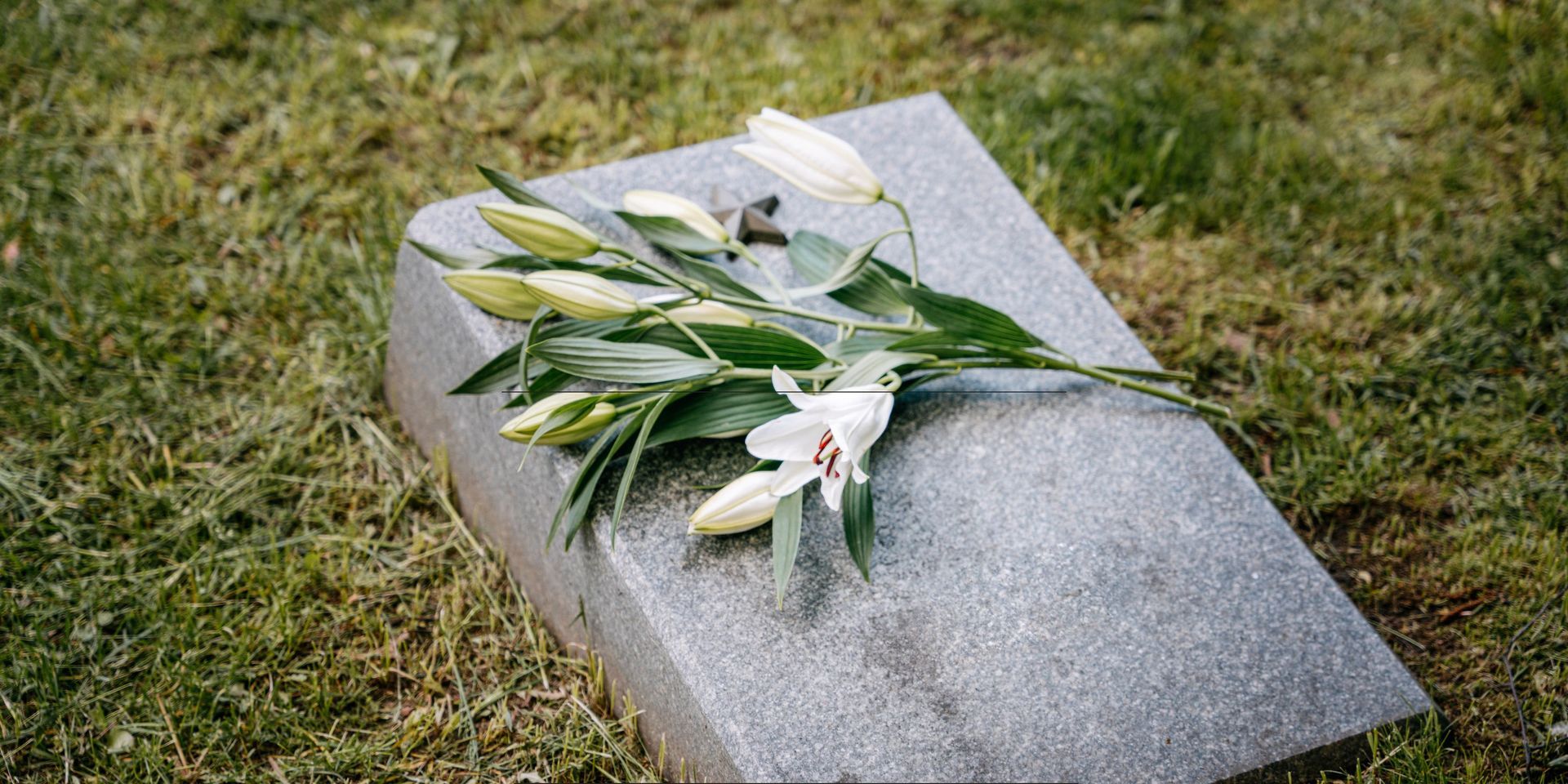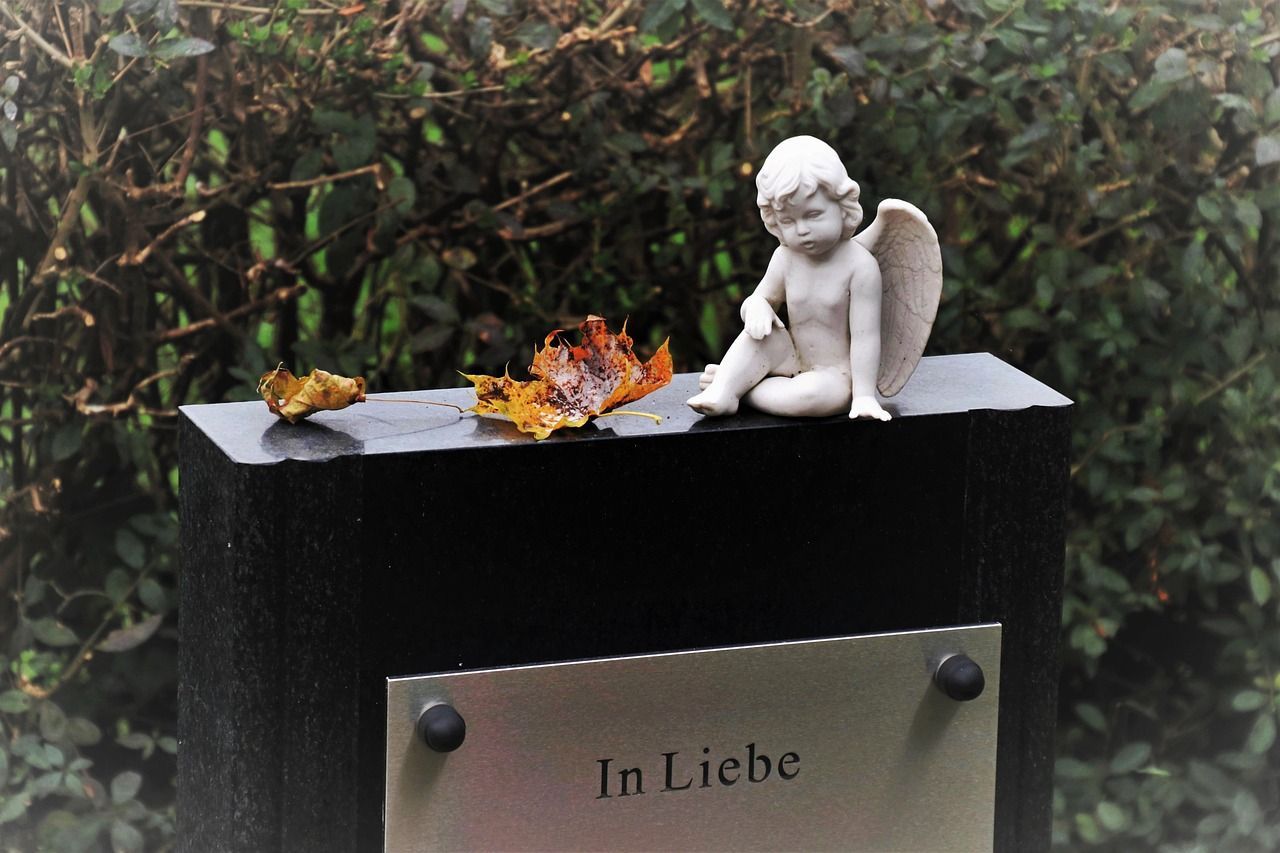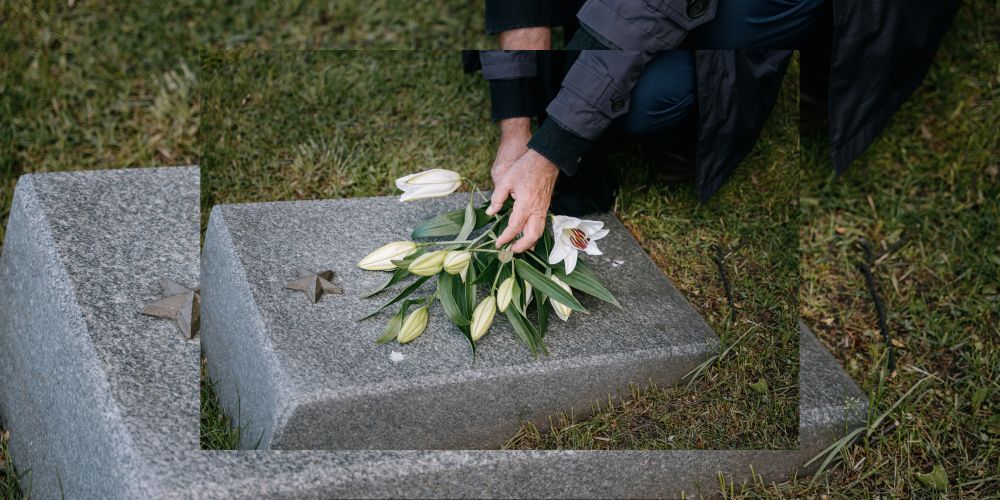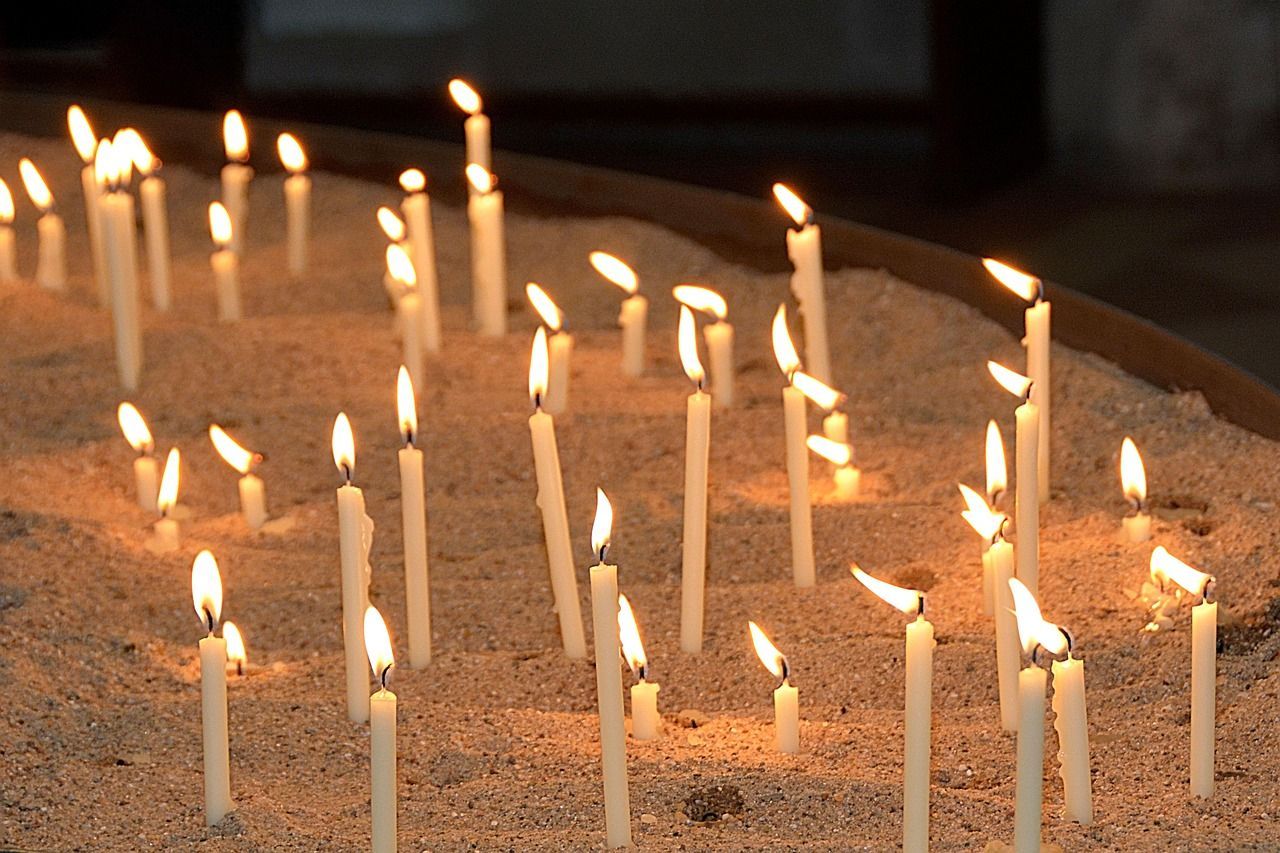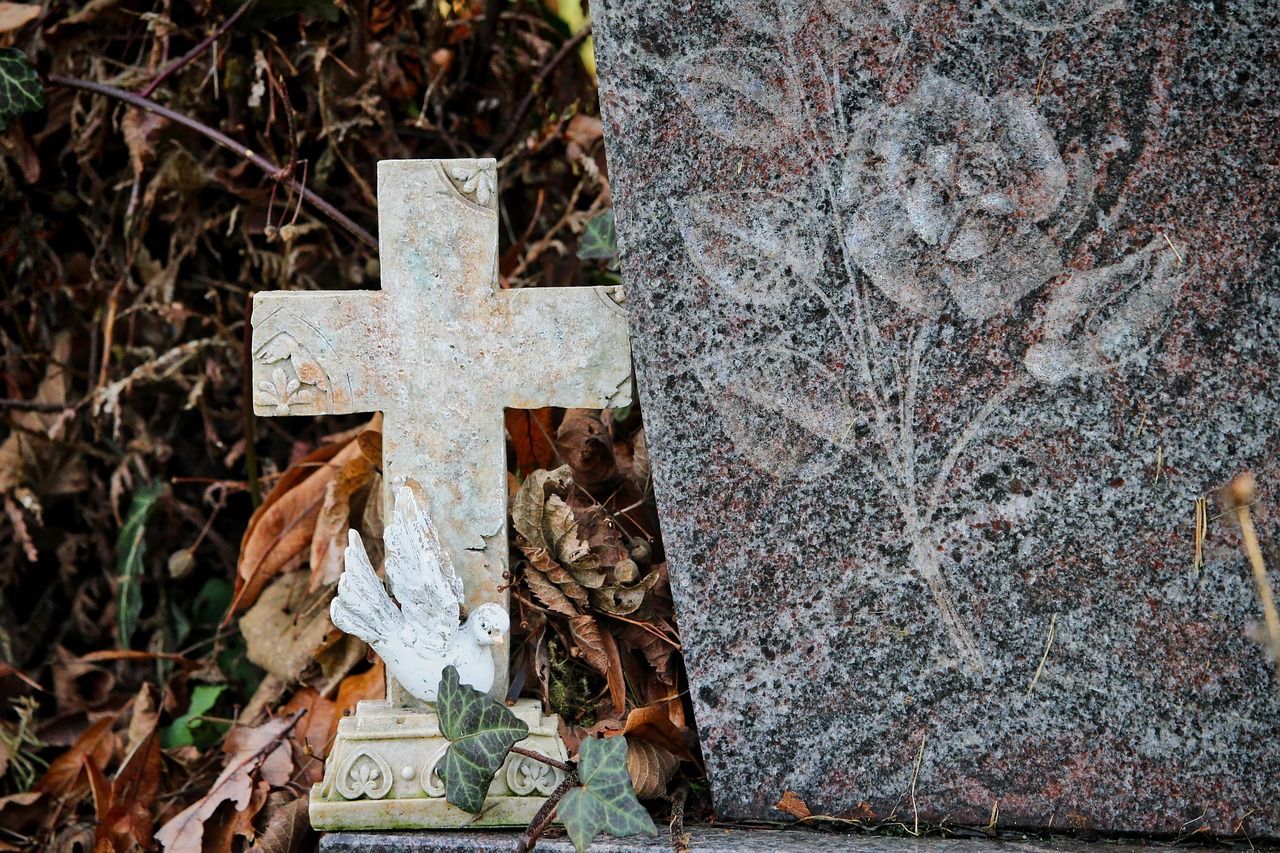Important Things to Know About Modern Funeral Home Services
The way families approach end-of-life arrangements has evolved significantly, reshaping the landscape of funeral homes in San Juan, TX. With the rise of technology, economic pressures, shifting cultural norms, and new preferences for memorialization, modern funeral home services are adapting rapidly. Families today expect more transparency, flexibility, and personalization from funeral providers. Whether planning ahead or making arrangements during a difficult time, it is essential to understand the key elements shaping funeral care today.
The Rise of Cremation and Its Impact on Funeral Services
Cremation has surpassed traditional burial in popularity, with over 60% of individuals in many states opting for it. This trend is not only driven by cost considerations but also by evolving spiritual beliefs, environmental concerns, and a desire for flexibility in memorial options. However, cremation services often generate lower revenue for funeral homes compared to full-service burials. This shift has prompted many funeral homes to diversify their offerings by introducing personalized memorial services, urn selection options, cremation jewelry, and customized ceremonies that allow families to honor their loved ones meaningfully.
Personalized Services Are Now Expected, Not Optional
Modern families seek services that reflect the personality and life of the deceased. Generic, cookie-cutter funerals no longer meet the expectations of those left behind. As a result, funeral homes are increasingly offering life celebrations, video tributes, memory tables, custom floral arrangements, and themed services that bring a unique and intimate touch to memorial events. This personalization not only comforts grieving families but also reinforces the value of professional funeral guidance.
Financial Pressures and Affordable Alternatives
Rising healthcare costs, inflation, and limited budgets are driving families to explore cost-effective funeral solutions. Options like direct cremation, simplified graveside services, and pre-arranged funeral plans offer flexibility and control over expenses. Funeral homes that can offer transparent pricing, customizable service packages, and flexible payment plans are more likely to meet the needs of modern consumers.
In areas like San Juan, affordability without compromising dignity has become a top priority for families planning funeral services. Funeral homes must balance empathy with operational sustainability by creating offerings that accommodate diverse financial situations.
Technology Integration and Digital Tools
The integration of technology into the funeral industry is no longer optional. From live-streamed services for distant family members to digital memorials and online guestbooks, modern funeral homes are utilizing tools that enhance the grieving experience. Moreover, customer relationship management (CRM) systems, online arrangement platforms, and digital preplanning tools are improving efficiency and customer satisfaction.
These advancements are particularly crucial for independent funeral homes looking to remain competitive against larger, corporate-owned chains. Being tech-savvy enables smaller providers to offer convenience and connectivity, which are now expected by today’s consumers.
Changing Consumer Behavior and Loyalty
Historically, funeral home loyalty was deeply rooted in community ties and long-standing relationships. Today, families are more likely to compare providers online, read reviews, and make data-driven decisions. Convenience, service quality, and transparency often outweigh brand legacy. Funeral homes must actively manage their online presence, respond to reviews, and offer clear, informative websites to remain relevant.
The rise of mobile usage and social media also presents opportunities for funeral homes to connect with local audiences, share educational content, and establish trust well before services are needed.
Workforce Challenges in Funeral Service
One of the most pressing issues facing funeral homes is the difficulty in attracting and retaining skilled staff. The demanding nature of the work, long hours, and emotional toll can make this profession less appealing to new generations. To stay resilient, funeral homes are improving working conditions, increasing compensation, and embracing flexible schedules. These efforts not only support their teams but also ensure consistent, compassionate service to families.
Addressing this challenge is especially important for smaller funeral homes in cities like San Juan, where talent pools may be limited. By fostering a supportive workplace culture, these businesses can maintain high standards of care even with staffing constraints.
Adapting to Competitive Pressures
The growing popularity of direct cremation providers and the expansion of corporate funeral brands are creating a more competitive landscape. Independent funeral homes must find ways to stand out. This includes offering uniquely local experiences, maintaining strong community relationships, and providing a level of personalization that larger providers may struggle to replicate.
Furthermore, strategic pricing models, bundling services, and marketing educational resources about the value of full-service funerals can help independent businesses protect and grow their market share.
The Importance of Preplanning Services
Another vital service gaining traction is funeral preplanning. Offering families the chance to document their wishes and ease future burdens, preplanning is both a practical and emotional solution. Funeral homes that promote preplanning services benefit from improved client relationships, future revenue security, and enhanced trust within their communities.
Educational campaigns that explain the benefits of preplanning, including cost savings, stress reduction, and personalization, are instrumental in encouraging more families to take this proactive step.
Community Engagement and Brand Visibility
Modern funeral homes must move beyond passive marketing. Community engagement, sponsorships, grief seminars, and educational workshops help funeral homes position themselves as trusted resources. In regions like San Juan, where personal relationships still matter, these outreach efforts can significantly improve brand recognition and loyalty.
Digital marketing, including SEO, social media engagement, and pay-per-click advertising, further extends a funeral home’s reach. Funeral directors who invest in building visibility before a need arises are better positioned when families begin searching for providers.
The Future of Funeral Services: Preparedness and Flexibility
The future of funeral care lies in a funeral home’s ability to adapt. From demographic shifts and delayed mortality in baby boomers to evolving expectations for service quality and customization, agility is essential. Owners who embrace technology, attract skilled staff, adjust pricing models, and continuously improve their offerings will remain relevant in the years ahead.
Independent providers must also prepare for succession planning, especially as older generations retire. Positioning the business for continuity or sale requires careful attention to profitability, valuation, and operational sustainability.
As the funeral industry continues to evolve, understanding the dynamics at play is crucial for families and providers alike. Today’s funeral homes in San Juan, TX are meeting modern demands by offering compassionate, affordable, and customizable services that honor lives with dignity and meaning.
For trusted, professional funeral care in San Juan and surrounding communities, Memorial Funeral Home remains committed to serving families with excellence and compassion.
Call to Action:
Whether you are planning ahead or navigating a recent loss, take the time to explore preplanning options, understand modern service choices, and connect with a funeral provider who aligns with your values. Choosing a funeral home that understands today’s needs can bring peace of mind when it matters most.
